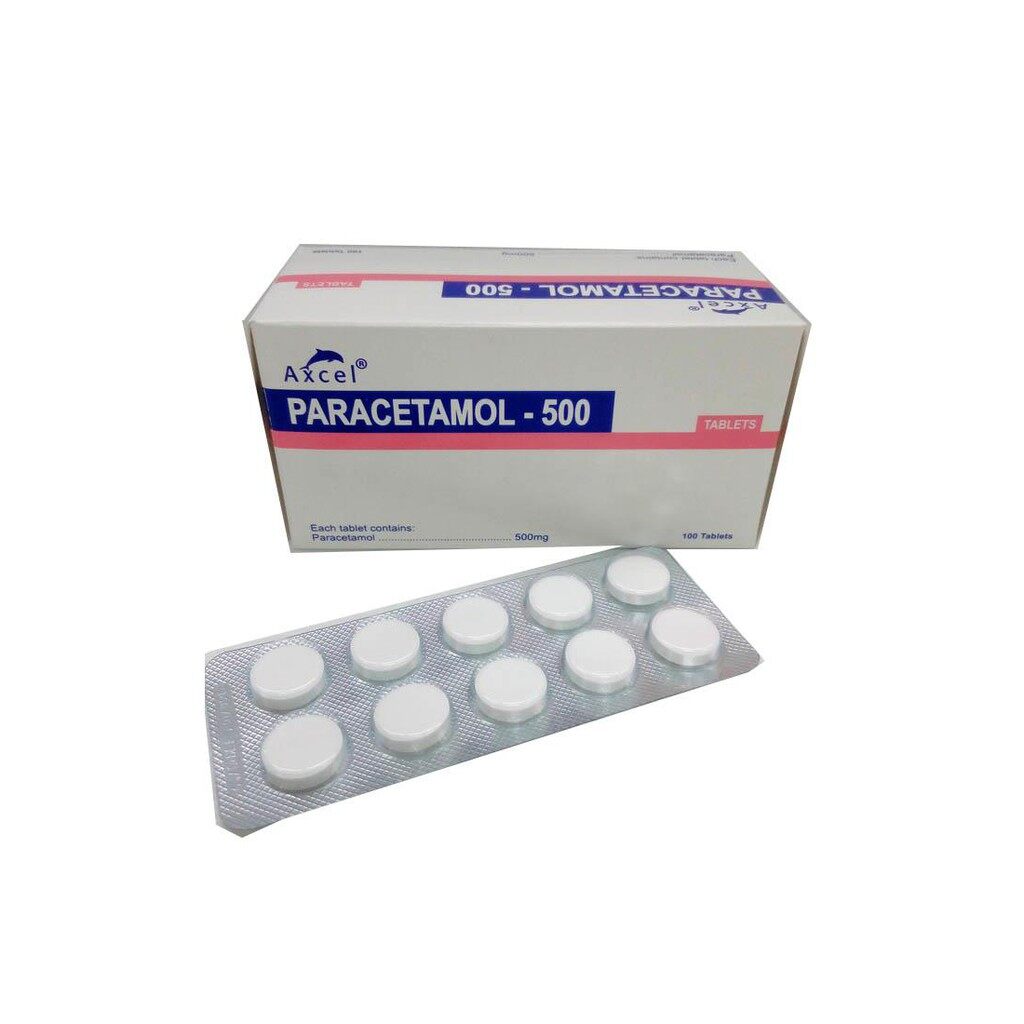Anonymous
4 years
Thalassemia and Hepatitis B
I am a single woman age 32 years old. Recently, I got my blood test result.
Suggested for Thalassemia studies because of low MCV and MCH and also high ESR and RDW Value. The RBCS appear slightly hypochromic and some microcytes, ovalocytes and target cells seen. The platelets are adequate. I doubt about the suggestion because I have no problem to donate blood before this except a few times I couldn’t donate because of low hemoglobin. It probably because of my daily intake is not balanced. I also check my family whether anyone have the disease but there are none. Should I go to check for the disease directly or take time to adjust my diet and see the result first?
No antibody for Hepatitis B and suggested to take the vaccine. I am not sure whether I take the vaccine or not when I was a baby. Even my mother did not remember about it. As far as I know, the vaccine already been introduced at the same year of my birth. Should I take the vaccine now and how high the risk would be for my age if I choose not to take the vaccine?
Thank you in advance for the time and concern to respond my question.
Dr Nur Syuhada binti Zulkifli,
4 years
Greetings! Thank you for your questions.
First and foremost, we truly understand your concerns regarding your symptoms and other health problems you might be facing. Generally, thalassemia is a group of diseases that result in defects of blood quality. This condition is caused by a genetic defect that controls the production of hemoglobin. Hemoglobin is a protein in red blood cells that carries oxygen throughout the body. People with thalassemia are unable to produce adequate and quality hemoglobin. The human body depends on the level of hemoglobin that works well. Therefore, patients will look pale and easily lethargic due to low hemoglobin levels in the body (called “anemia”).
For your information, there are several physical and lab examinations that should be performed before saying / diagnosing a patient with thalassemia. Low MCV is often the first indication of thalassemia. With thalassemia, red blood cells often appear smaller than normal (microcytic, low MCV). Red cells can also appear pale than usual (hypochromic).
From your complaints, I greatly suggest you to see a doctor to undergo physical examination directly so that the right treatment can be given. Treatment that usually given to people with thalassemia are:
- Monthly blood transfusions
- Iron removal treatment
- Bone marrow transplantation
- Spleenomy (“splenectomy”)
- Antibiotics
The hepatitis B vaccine is highly effective and very important to everyone. It protects against hepatitis B infection and its complications such as permanent liver damage, which can lead to liver cancer and death. When you get immunized, you help protect others as well.
Boost your immune system with a balanced diet and good nutrition.
In order for us to provide you with an accurate choice of treatment and management, we need additional details to explore further into your current complaints. The following answers regarding your current queries are just general descriptions due to the limited information provided by you. Therefore, we greatly suggest that you refer this to your nearest medical doctor for full examinations. You may also click on this link (DoctorOnCall) to speak with our doctors online. We assure you that our conversations are kept in confidentiality unless additional consultation needed with other medical parties. Thank you.
Our Care Consultants will be in touch with you privately to assist you and provide you with several options.






































